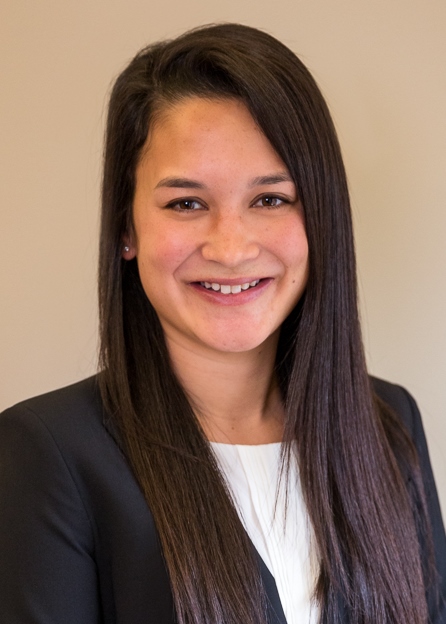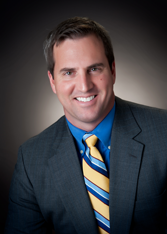
Plan ahead so chaos, conflict and cost aren’t part of your legacy
Mickey Kim / December 18, 2020
One of the many “life lessons” the pandemic has reinforced is the end-of-life (or becoming incapacitated from injury or illness) can come at any time, a topic nobody wants to think or talk about. Unfortunately, failing to plan for your end of life or incapacity can add unnecessary suffering for your loved ones during an already emotionally traumatic time.
Fortunately, if you’re willing to face the fact you’re not going to live forever and invest a few hours of your time upfront, you can give your loved ones the gift of making your end of life just a little less painful.
If I can do it, so can you.
Ideally, you want to have a binder or folder containing documents and information your “team” will need that is well organized and easily accessible. My friend “Pete the Planner” Dunn refers to his as “The Pete’s Dead Binder” or “PDB” for short. As Pete says, acknowledging your eventual expiration isn’t macabre; it’s pragmatic.
Many people think only the wealthy need a will, but if you die “intestate,” meaning you don’t have a legal will, state laws (not your wishes) dictate how the assets you’ve worked your entire life to accumulate will be distributed. Unfortunately, only half of Americans have a legal will, which is a recipe for disaster.
There are a couple reasons inexpensive, online “do-it-yourself” wills can be pound foolish. First, it can be worse to have a poorly-written will than no will at all. Second, if there is noncompliance with strict witnessing rules, the will is void. Given the critical importance of getting this right, it’s a good investment to get the best legal advice you can afford.
Celebrities including Prince (57 at death), Michael Jackson (50) and Aretha Franklin (76) all died intestate with estates worth tens of millions, which led to acrimonious, multi-year court battles pitting heirs against heirs and enriching the lawyers. Zappo’s founder Tony Hsieh (46) died a billionaire and intestate weeks ago, reportedly leaving behind only thousands of Post-It notes listing assets owned and obligations owed.
A durable power of attorney gives someone else the authority to act as your “agent” and make legal and financial decisions should you become incapacitated.
A health care representative is someone you designate to make medical decisions on your behalf if you are unable to make them yourself.
A living will or advanced health-care directive gives specific instructions regarding end-of-life care. Do you want to be resuscitated if your breathing or heart stops? Do you want to be kept alive through artificial respiration or feeding?
You should also keep a comprehensive inventory of your “stuff,” including
- Life insurance policies (policy numbers, beneficiaries (make sure current), amounts and agent info)
- Bank/investment accounts (account numbers, amounts and contact info)
- Retirement accounts (account numbers, beneficiaries (make sure current), amounts and administrator info)
- Personal property like real estate and vehicles, including related debt (account numbers and amounts)
- User IDs/Passwords for your online accounts, phone and computer (consider an online password management tool)
- Location of safe/safe-deposit box, combination/key and list of contents
- Creditors (account numbers and amounts)
I keep my inventory on an Excel spreadsheet and update it every January, after I’ve received year-end statements. I give copies to my wife, our estate attorney and trust company we’ve retained to handle our affairs when we’re both gone. It hardly takes any time and then I’m good to go until the next January (hopefully!).
If the task seems too daunting, don’t despair. There are a number of resources that have been developed specifically to assist you. The first resource below has a digital, type-in version while the last two require handwritten entry.
- Mark Gavagan wrote the workbook “12 Critical Things Your Family Needs to Know” so your loved ones know “what you have, where it’s located and what your wishes are.” As the author’s courtesy to IBJ readers, use code “IBJ” for 30% off the print or digital, type-in version.
- Erik A. Dewey wrote “The Big Book of Everything” after going through the difficult experience of locating/sorting/organizing his father’s stuff.
- Sally Hurme, an elder law attorney with AARP, wrote “Checklist for My Family: A Guide to My History, Financial Plans, and Final Wishes.”
It hopefully won’t be needed for many years, but creating your end-of-life “roadmap” can be one of the greatest gifts you can give your loved ones. Let love and caring be part of your legacy.
The opinions expressed in these articles are those of the author as of the date the article was published. These opinions have not been updated or supplemented and may not reflect the author’s views today. The information provided in these articles does not provide information reasonably sufficient upon which to base an investment decision and should not be considered a recommendation to purchase or sell any particular stock or other investment.
Subscribe
Subscribe to stay up to date with the latest news, articles and newsletters from Kirr Marbach.













